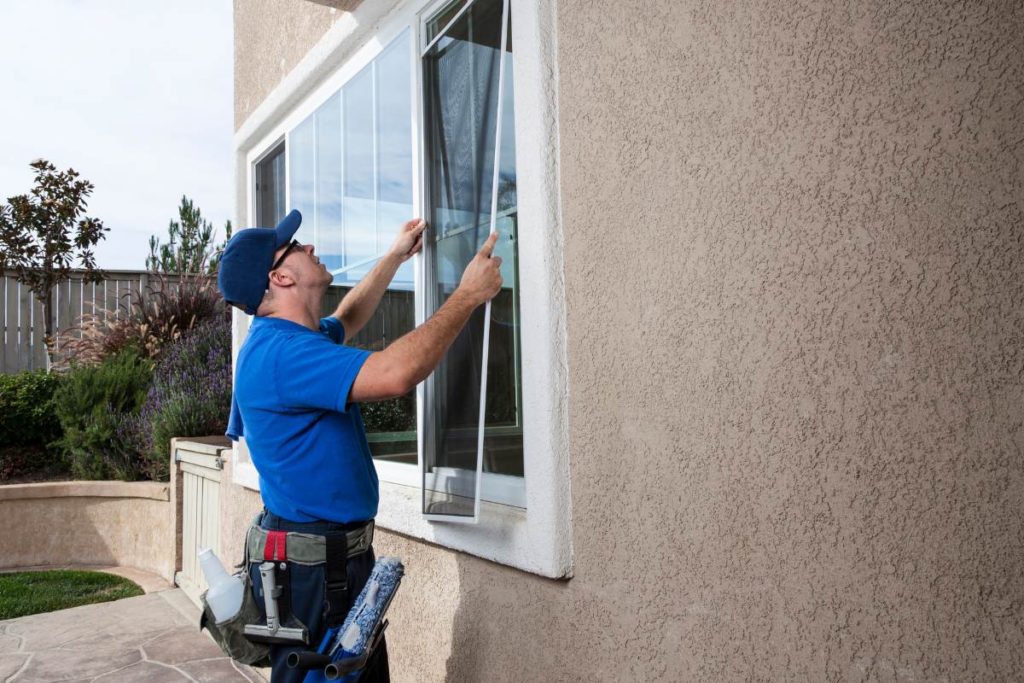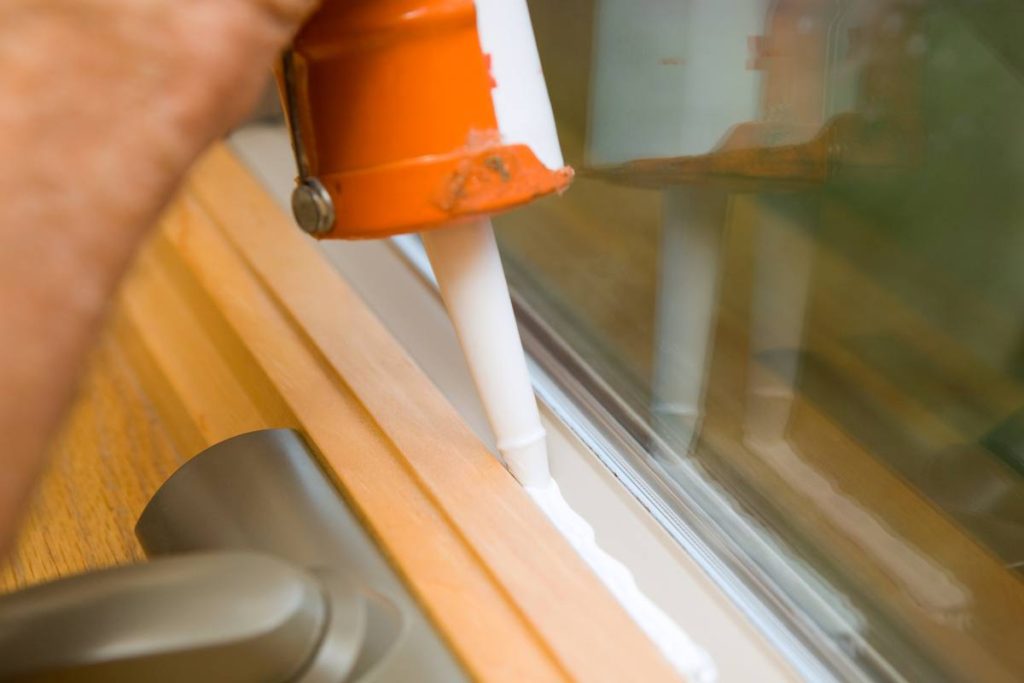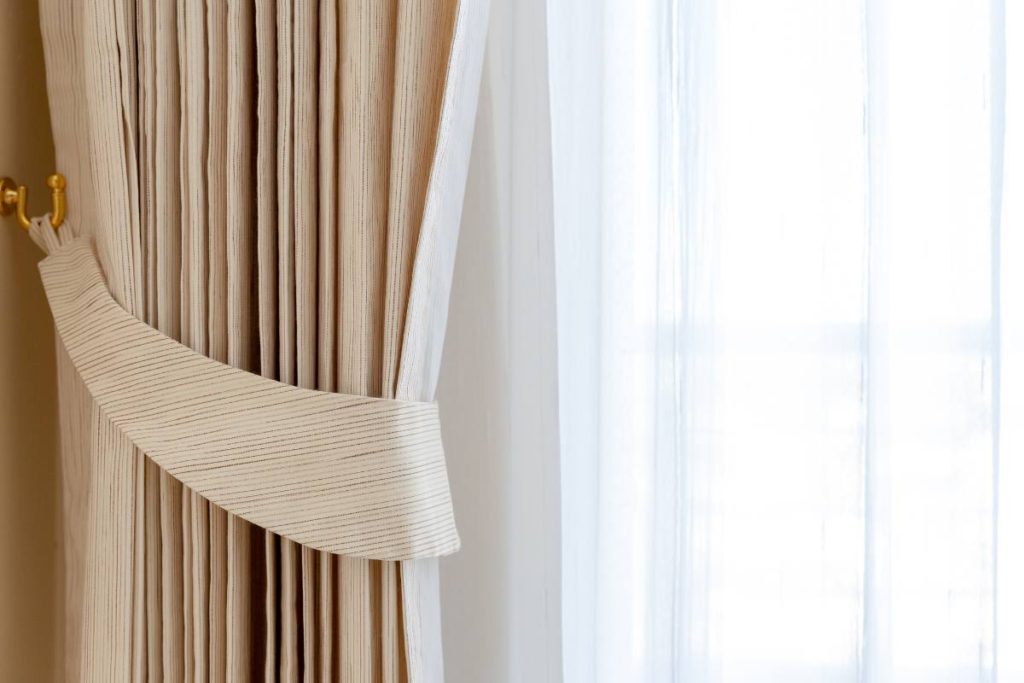To soundproof windows means to reduce or block the sound passage between spaces without replacing the entire window. It uses materials and techniques, such as window glazing, window plugs and inserts, or soundproof curtains, to reduce noise and create a quieter environment. Soundproofing windows is one of the best ways to ensure a quiet, peaceful, and noise-free atmosphere in your home.
Soundproof Windows Are Important
Soundproof windows are crucial in homes, offices, and studios to enhance privacy, improve concentration, and promote well-being. The National Institute of Health report shows that a noisy environment will affect our cognitive function.
To soundproof existing windows are usually less-expensive, avoiding the high cost involved with replacing the windows entirely. It reduces external noise infiltration by over 95%, enhancing relaxation and sleep quality.
Remote workers can focus 100% on their tasks with nearly complete noise isolation, ensuring optimal productivity and completion but it helps to improve privacy, preventing conversations and activities from being overheard.
Best Ways to Soundproof Existing Windows
Below are some of the best ways to soundproof your windows without replacing them:
More Glazing or Acrylic Panels
The science behind this solution is simple: the heavier your existing window is, the less sound it will allow to pass through. In other words, double-glazed windows are effective in noise reduction. What you’ll be adding is magnetic secondary glazing to your existing windows to bulk up its mass. It involves the installation of an additional window frame to the existing one for noise reduction. After adding the second window frame, attach an acrylic panel to it.

This isn’t the most recommended solution because it comes with issues if certain considerations are not taken into account. For instance, check if the primary window frame is strong enough. Secondly. check for air gaps in the glazing. Though it’s not as effective as window inserts, it can block sound to a large extent.
Window Plugs
Air gaps can be found on either your window frame or the area between the frame and the glazing. It’s a common window issue. There are no exemptions, it applies to single-pane windows, double-pane windows, and triple-pane windows.
There are two ways to solve this to reduce sound transmission into your home:
Weatherstrips
This is one great way to soundproof your windows. It involves the installation of weatherstrip in your window openings or jambs. It’s made of silicon and foam. Though its primary function is to prevent rain from entering the house, it can be used as a window plug.
When you purchase it, first cut the material to the exact size of your window frames.

Before you use it on your windows, first wash the area surrounding your window openings with mild soap and warm water. After cleaning it, wipe it dry with a rag. Ensure the area is completely dry before you fit the weatherstripping to soundproof your windows.
Stick the weatherstrip firmly to your windows and make sure it’s smooth and that there are no folds in the window corners to prevent it from closing properly. Also, make sure that all air gaps are covered.
Acoustic Caulk
Acoustic caulk is a highly effective window plug that’s used to block sound. It was designed precisely for the purpose of window soundproofing. The best part about acoustic caulk is that it’s very affordable to buy and doesn’t require professional installation.

Use a putty knife to get rid of all the old caulk on your single-pane windows. Be careful and gentle while doing this to avoid damaging the frame
Get a mild soap and use it with warm water to eliminate the grime and dirt in the area surrounding your frame and use a clean cloth to wipe the area dry.
Surround the frame with masking tape to avoid messy work with the acoustic caulk and apply the acoustic walk gently and slowly at a 45-degree angle. Ensure the application is even everywhere.
Use a spoon to smoothen the window plug and remove the masking tape and allow the window plug to dry.
Acoustic Glazing
Among window treatments, this is arguably the best option that you can use to soundproof your windows. However, it’s the most expensive solution. This glazing differs from the normal one because it’s layered with PVB for noise reduction. While normal glazing will absorb sound and reduce transmission into the home by about 25 decibels, acoustic glazing will reduce the noise by up to 55 decibels.
Before opting for this solution, check if your interior window frame can bear the added weight because acoustic glazing is much heavier than other window treatments. If your window frame is not solid enough, precisely that for double-pane windows, the frame will give into the weight within a short period.
Window Inserts
Window inserts are sturdy, sound-dampening acrylic materials, clear like glass, and provide a noise-drowning or canceling effect to eliminate outside noise. Some window inserts have operable sashes and can act as a second window.
You may wonder how much getting a window insert may cost you. However, there is no cause to fret as window inserts are relatively inexpensive. Window inserts cost around $25 to $45 per square foot.
And more interestingly, you do not need to pay for professional installation for your window insert as you can do so yourself. Some models only require minimal screwing into the existing window opening, while others are costume-fitted into the opening and require no drilling.
Soundproof Curtains and Blinds
Installing soundproof curtains and drapes for sound absorption is an effective way to enhance the soundproofing of your home, especially when dealing with double-pane windows and sound wave transmission.
To get sound-dampening curtains and blinds, go for tightly woven, very thick, or layered fabrics.

Essentially, this material must cover the window completely so that the folds of the curtains can create a seal around the sides.
These materials help to break up sound waves, reducing their ability to transmit through the window.
As a result, the noise entering or escaping through the double pane window is significantly decreased.
Final Thoughts
Noise can impede sleep at night or concentration during the day. But replacing windows is not always the best option. Consider some window soundproofing options or do-it-yourself techniques to prevent it. The options detailed here may help if you live in a neighborhood or an office area where noise plagues your sleep and concentration. Whatever solution you go for depends on the solidity of your window frame. If you don’t trust the structural integrity of your windows, you should hang sound-dampening curtains to cover your windows. So, the above-mentioned techniques are the best ways to make your home quieter without replacing windows.











